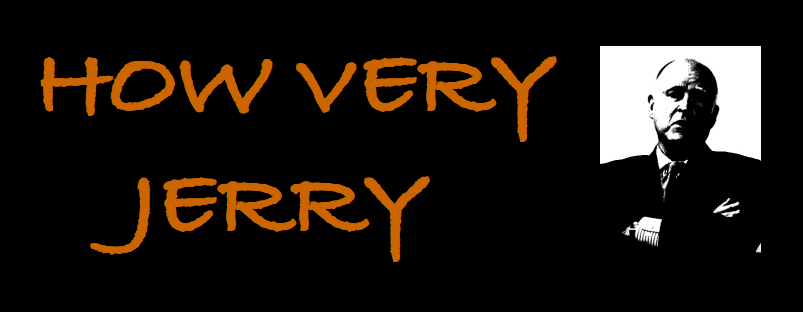
A Bay Area Journalist's First-Hand Account Of How Mayor Jerry Brown Screwed Over Oakland On His Way To Sacramento
THE PROMISE OF JERRY BROWN J. Douglas Allen-Taylor A friend from the neighborhood has been meeting regularly with Jerry Brown over the past three years to discuss civic and community stuff, but he says he’s not going to do it any more. "What’s the use?" he asks. "You set up a meeting with him with Gilda Gonzales, and she tells you you’ve got 45 minutes, no more. So you go in, and Brown starts asking everybody about their wives, and after that he’s telling stories, and then he’s on to something else that’s on his mind, and pretty soon your 45 minutes is up, and you’ve got to leave, and you haven’t had the chance to say a damn thing about whatever it was you came there to talk about." My friend voted for Brown last time around, which makes the mayor’s re-election campaign next year so intriguing. Potentially, anyway. On the one hand, you’ve got the conventional political wisdom, which says that Jerry Brown will be practically unbeatable in 2002. Columnists Matier & Ross of the Chronicle report that "one in the know" among "East Bay politicos" says "Brown gets re-elected hands-down." City Council President Ignacio De La Fuente predicts a Brown victory with "no problem." And State Senator Don Perata says that anyone who runs against Jerry Brown next year "would be committing political suicide." Perata’s remark seems more like the fox looking at those grapes too high to reach, and maybe what the State Senator really means is that he would be committing political suicide if he ran against Brown next year. De La Fuente, after all, was one of the cast of thousands who was in the us-against-Jerry campaign in 1998, and Ignacio seems to have come out of it pretty healthy. And, in fact…regardless of who runs against him this time…Jerry Brown’s 2002 campaign may not be the kind of grand march that he had three years ago. In 1998, Jerry Brown ran as the white knight come to save Oakland, and I mean that in all of its implications. He was the national political star with the progressive views who was going to pull this city out of the dark doldrums and put us back on the map. Nobody quite knew how it was going to all get worked out, but a majority certainly thought it was going to be all good. The Mayor summed up all the hopes of Oakland in his 1999 inauguration address, when he said: "I do not pretend to know all the right questions, must less have all the right answers. And even if I did, it wouldn’t make much difference unless the government I propose becomes an ongoing dynamic process in which all of you are not only heard, but truly engaged. Only then can a consensus of action emerge which speaks the will of the community." Is there anyone in Oakland…even Jerry Brown’s biggest supporters…who believe he has lived up to that promise to listen to the "will of the community" or work on building consensus? Sometimes he doesn’t seem to be listening to anything at all. But there’s a more serious problem, I think. Elihu Harris had only one vote among nine on City Council, and had to cope with an earthquake that tore out the heart of downtown and devastated City finances. Jerry Brown, on the other time, came into office in boom times, and won himself enormous powers as a Strong Mayor with a reach that extends all the way to the School Board, Sacramento, and even Mexico City. He certainly should have no excuses about having his political hands tied to do what he wants with and for Oakland. And yet, sometime before the primary next March, the question is going to come up in meeting or debate: With all of those extraordinary powers, what has Jerry Brown actually accomplished for Oakland? The answer to that question may make the 2002 elections more interesting than many political experts seem to think.
|